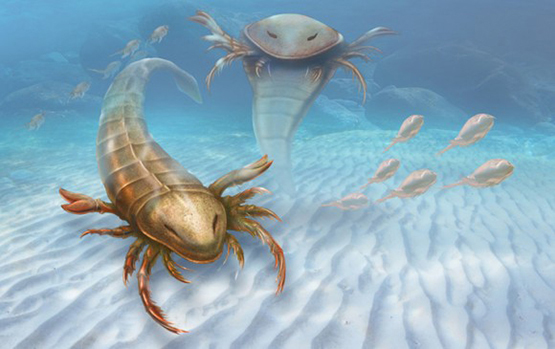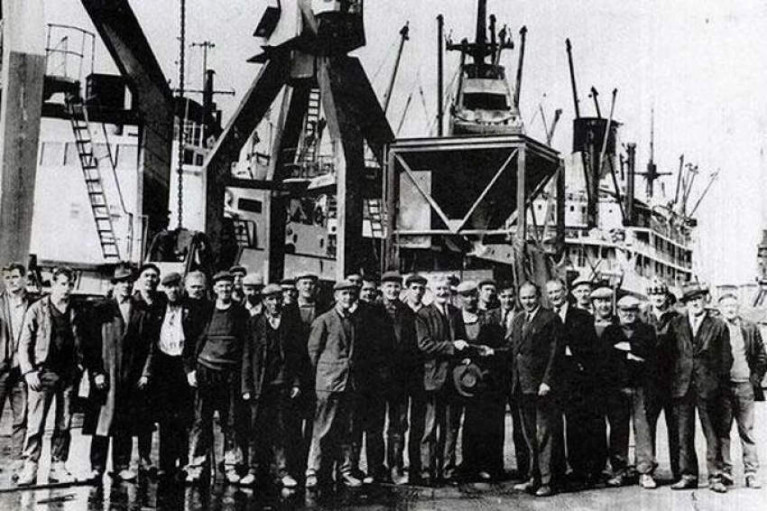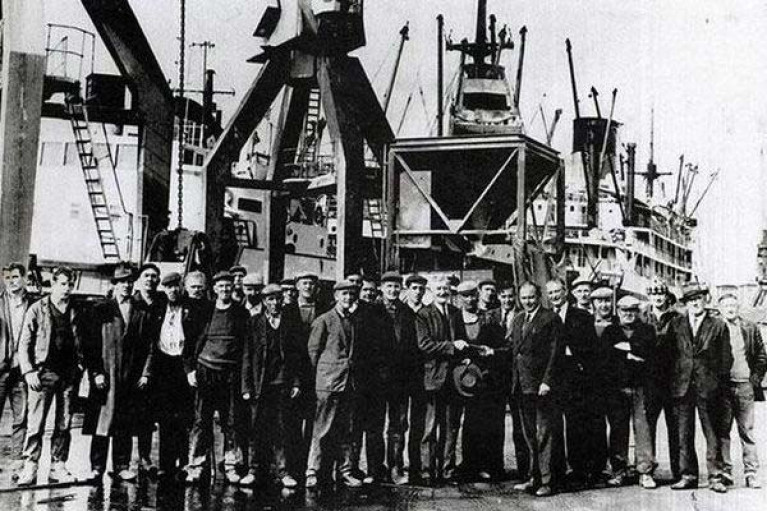Displaying items by tag: Dublin Dock Workers’ Preservation Society
Dublin Port has stepped in to save the extensive photographic images collection of the Dublin Dock Workers' Preservation Society, writes Tom MacSweeney.
Afloat.ie reported the situation last week when the internet service holding the images, which are made available for public download, informed the society that their subscription would not be extended beyond February and the images would be deleted.
The society had no alternative storage for the collection of almost 7,000 images.
However, Declan Byrne of the society now says “the initial panic is over” as following a meeting at the weekend, Dublin Port Company had offered to help by downloading and saving the image bank.
"This then gives us the time to work on getting a new site/platform that can be accessed by the public,” says Byrne. “Our main aim is that people can download the photos at high resolution without any cost to them.
“Many thanks for Afloat’s support — it is the reason that we have received dozens of offers for help.”
There has been 'terrible news' reported for Dublin Dock Workers' preservation society who need urgent help to preserve records stored on the internet.
The Dublin Dock Workers’ Preservation Society was set up nine years ago, in early 2011.
It is composed of ex-dock workers and people interested in preserving the history of Dublin Port. It has successfully held a number of exhibitions and raised awareness of the culture, history and tradition of Dublin Docks and Dock Workers.
It started by collecting historic photographs and has amassed a collection of 6,000 but is now in danger of losing them all and is seeking urgent help to preserve them.
Today came what one of its leaders, Declan Byrne, described as: “Terrible News.”
He said: “We have been notified that we are losing the internet site where we store our 6,000 donated photographs. We used this bluemelon site because people could download the photographs for free. We have now been told: "Your Bluemelon subscription is set to expire on 07-Feb-2020. Unfortunately, due to recent changes in the industry, we are no longer able to offer you an extension for your subscription. Your account will expire on 2020-02-08 and your files will be deleted. Thank you for the time you have spent with Bluemelon."
Declan told me: “We do not have the resources or personnel to download the photos and save them. Any help would be greatly appreciated.”
So, is there someone with the knowledge, resource, ability, to help preserve this valuable collection for the Society.
Email offers of help to Declan Byrne: [email protected]
Where Have 40,000 Dublin Port Workers Gone?
“We were invited into schools in the North Wall and while all the children had grandparents who were dockers, not one of them knew what a docker was, because all of that tradition is gone….”
Amidst the current controversy over where Dublin Port and Dun Laoghaire Harbour will dump what they intend to dredge up in their plans to provide deeper access channels for the larger cruise ships which they both covet and which business they are fighting for, that comment, made to me on the edge of Dublin Bay by a man dedicated to preserving the maritime traditions of the port, should give cause for thought about where all the commercial development has taken the communities which once bounded in Dublin Port and lived from the jobs it provided.
Alan Martin of the Dublin Dock Workers’ Preservation Society was speaking to me, as we sat on the edge of Dublin Bay, for the current edition of my maritime programme, THIS ISLAND NATION. We could hear the sound of seagulls wheeling in the sky, the rumble of noise emanating from the docks, ships passed in and out, as we talked and he had a reality check for me. He told me that 40,000 jobs have gone from the capital’s port since the time when dock labour sustained viable communities.
“Why do the people of Dublin seem to know so little about the place of the docks in the history of Liffeyside and how their role was once the heart-and-soul of Dublin Port, its shipping and its commerce?”
There are many voluntary organisations doing great work in the marine sphere, without whom much of the maritime culture, history and tradition would be lost. The Dublin Port and Dock Workers’ Preservation Society, set up to preserve the history of Dublin Port, is definitely one such. The interview Alan Martin gave me is revealing. They have encountered many obstacles in their self-imposed task.
He surprised me with his revelations about the extent of the maritime-associated jobs that have been lost and the port-side communities which have suffered in the drive towards modernity. He made strong points about how Dublin’s marine traditions can be preserved and turned into a modern, vibrant, beneficial culture for the benefit of the city.
This offers a bridge from the past to the future, effectively a conveyance of pride in past experience to benefit modern life. Other port communities could, with benefit, replicate the commitment of the Dublin Dock Workers’ Preservation Society.
It was an interview I enjoyed doing and I think you will enjoy listening to. I am fortunate to work as a marine journalist and to meet exceptional people in the ports and maritime communities. So it is good to report in this programme, a positive attitude amongst young people in coastal areas, many of whom are joining the lifeboat service. Also featured in this edition of the programme is the delight of a coastal town when it gets a new lifeboat, as I found in Youghal in East Cork.

And there is always something interesting and unusual about the sea to report, such as the 467 million years old sea scorpion (above) found in a river in Iowa in the USA.
Click HERE to listen to the programme.































































